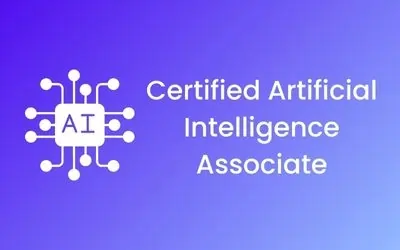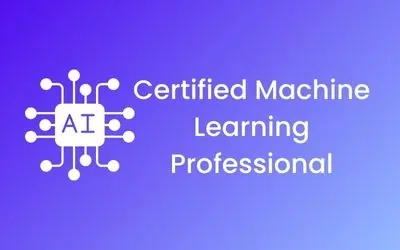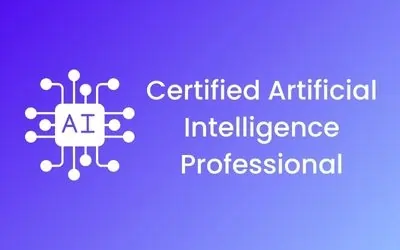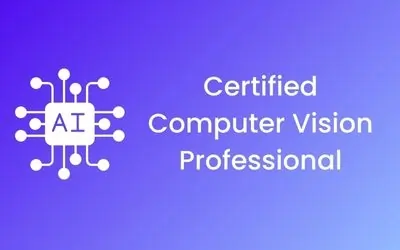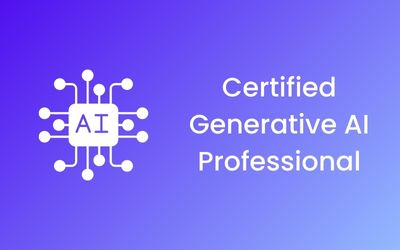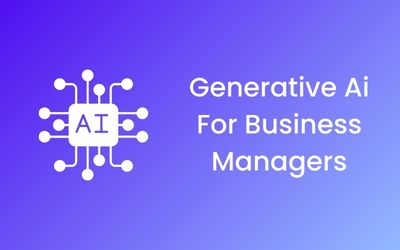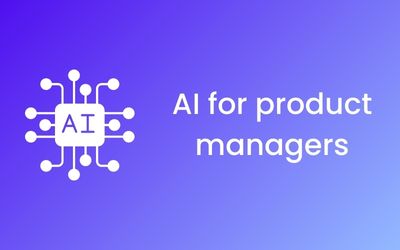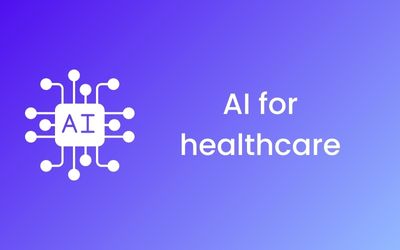Certified Artificial Intelligence Associate
SF-AI-CAIA-1211
-

-
(298 Reviews)
- AI Skills: learn the fundamentals of artificial intelligence, including machine learning, neural networks, natural language processing, and more. Develop a solid understanding of AI concepts and techniques.
- Career Opportunities: With AI permeating various industries such as tech, healthcare, finance, marketing, and beyond, this course opens doors to several of exciting career paths.
- Enjoy Flexible Learning: We understand the demands of your busy schedule. That's why our AI Course offers flexible learning options that adapt to your lifestyle. we provide the flexibility you need to excel in your AI journey.


